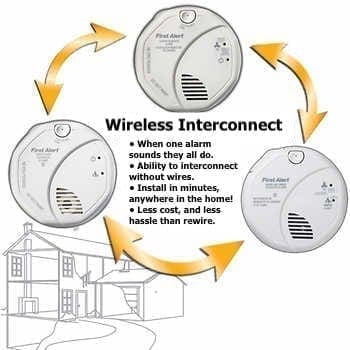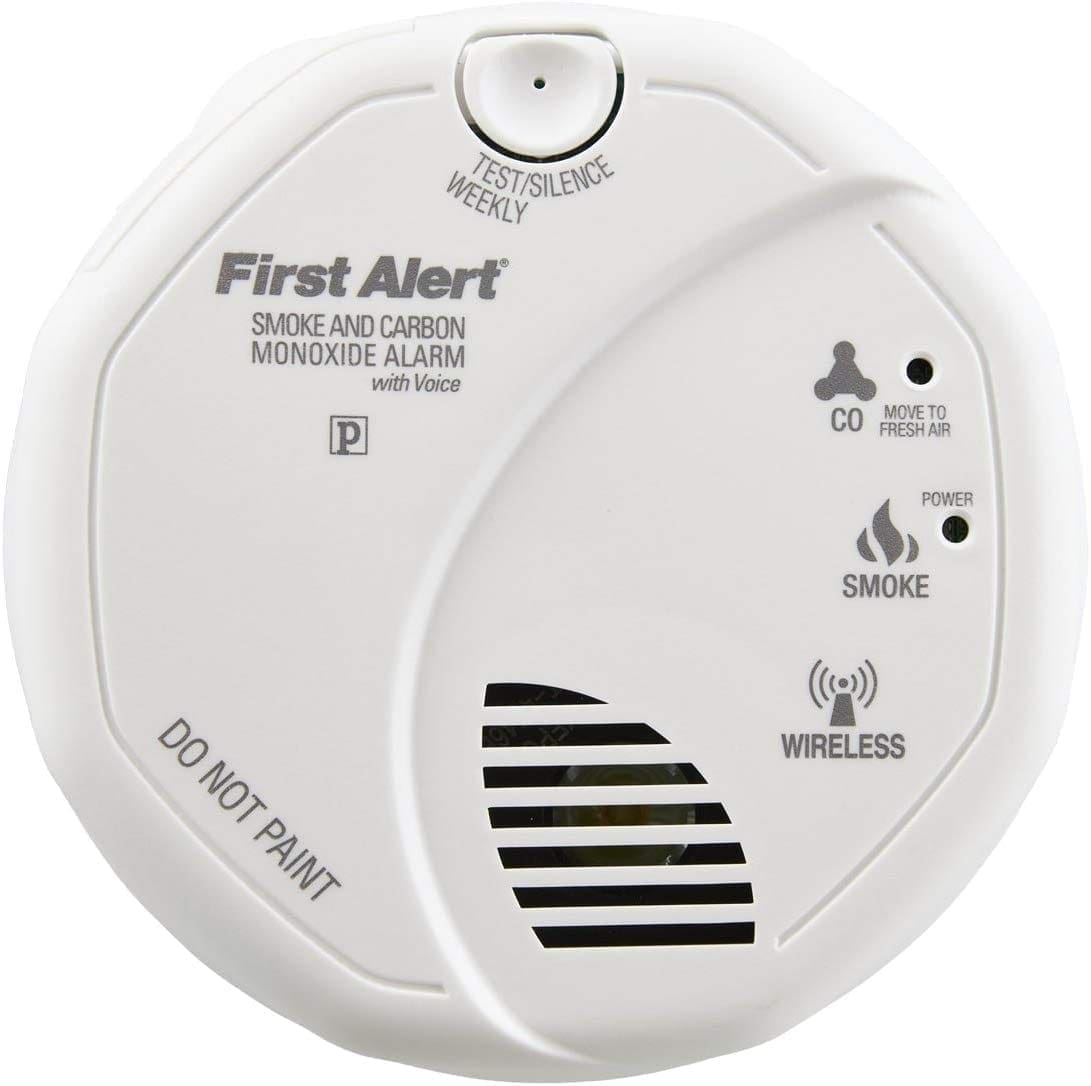Fire Prevention Week
A few years ago, I attended a Commercial Construction Certification Seminar in Philadelphia. At 3AM my hotel phone started ringing. Hope was on the other end, it seems that the smoke/carbon monoxide detector in our bedroom was sounding, but there was no fire. Was carbon monoxide “the silent killer” getting into my house? I told her to get downstairs and call the Fire Department immediately.
There is nothing more important than keeping our family safe, and we do this by performing all the preventative measures that we can.

“The following excerpt is from the NFPA website”
About Fire Prevention Week (FPW)
Since 1922, the NFPA (National Fire Protection Agency) has sponsored the public observance of Fire Prevention Week. In 1925, President Calvin Coolidge proclaimed Fire Prevention Week a national observance, making it the longest-running public health observance in our country. During Fire Prevention Week, children, adults, and teachers learn how to stay safe in case of a fire. Firefighters provide life saving public education in an effort to drastically decrease casualties caused by fires.
Fire Prevention Week is observed each year during the week of October 9th in commemoration of the Great Chicago Fire, which began on October 8, 1871, and caused devastating damage. This horrific conflagration killed more than 250 people, left 100,000 homeless, destroyed more than 17,400 structures, and burned more than 2,000 acres of land.
The NFPA’s 2020 campaign for Fire Safety Month is “Serve Up Fire Safety in the Kitchen.”
Did you know?
In a typical home fire, you may have as little as one to two minutes to escape safely from the time the smoke alarm sounds. Escape planning and practice can help you make the most of the time you have, giving everyone enough time to get out.
Plan ahead for your escape. Make your home escape plan and practice today.
What’s going on with your smoke and CO detectors?

The following smoke detector discussion is from the NFPA :
There are two types of smoke detectors: Photoelectric and Ionization.
PHOTOELECTRIC Smoke Detectors : This smoke detector has a light sensor that measure the amount of light in a chamber. When smoke is present, an alarm is sounded as a result of a reduction of light due to the obstruction of smoke. This type of sensor detects burning materials that produce large quantities of smoke. It is less effective for gasoline and alcohol fires that do not produce heavy smoke.
IONIZATION Smoke Detectors: This detector contains a low level radioactive source that supplies particles that ionize the air in the detector’s smoke chamber. Smoke entering the chamber impedes the movement of the ions, reducing the current flow and causing an alarm to sound. The ionization detector is effective for detecting the small amounts of smoke produced by gasoline and alcohol fires that are fast flaming.
“For best protection, it is recommended both (ionization and photoelectric) technologies be used in homes. In addition to individual ionization and photoelectric alarms, combination alarms that include both technologies in a single device are available”

Interconnected Fire Protection Systems
Are your smoke/carbon monoxide detectors inter-connected?????
It’s 3AM and the smoke detector in the basement sounds. Did the detector in your bedroom on the second floor also sound? If not, your fire protection system is not interconnected. For more information, please contact a licensed electrician or an electrical supply distributer.
Today, there are choices to have an interconnected wireless system installed. The detector should have the following written the words wireless interconnected or an icon of a wireless symbol.
And by the way, the Rockville Centre Fire Department came right away and determined that the smoke/carbon monoxide detector in our bedroom was faulty. So you know what I did when I got home, I replaced all the detectors in our home.


